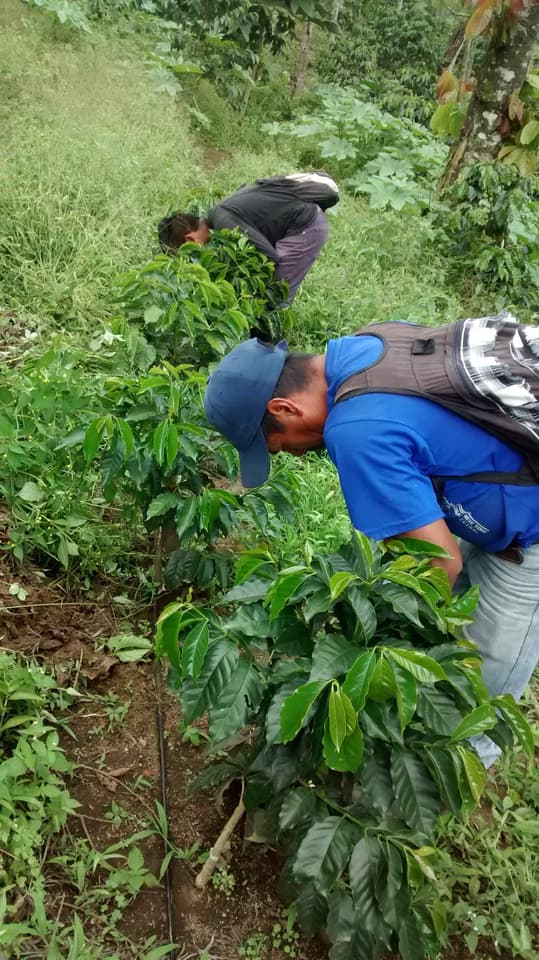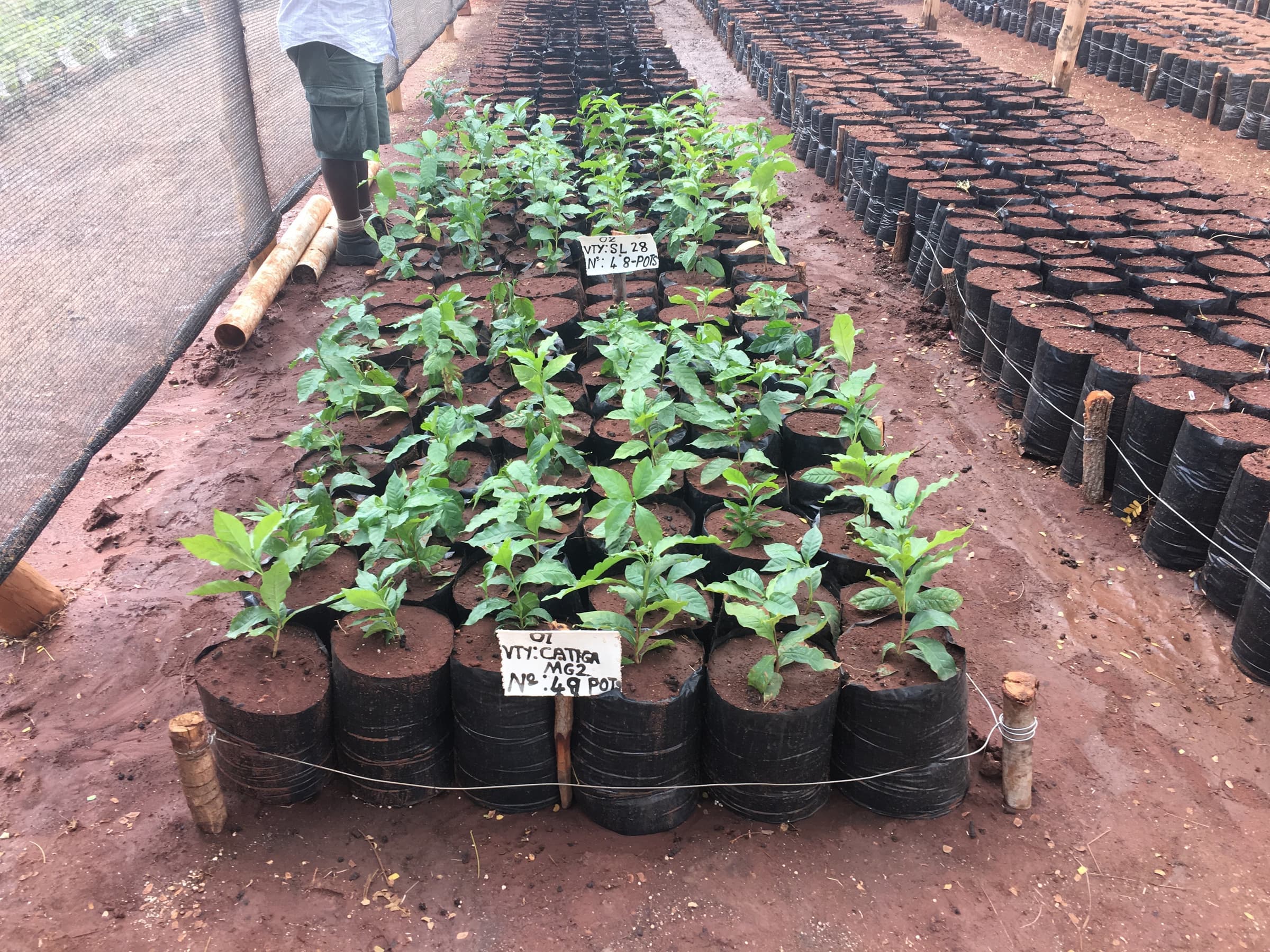International Multilocation Variety Trial expands to 23 countries
World’s largest coffee variety trial adds research sites in Australia, Zambia, Rwanda, and the US
Four new countries have committed to participate in the International Multilocation Variety Trial (IMLVT), the largest, collaborative, global coffee research platform and variety exchange in history. Australia, Rwanda, Zimbabwe, and the United States (Hawaii) will all join the trial in 2017. This brings the total number of participating countries to 23.
Countries participating in IMLVT receive 35 of the world’s top-performing coffee varieties to grow and evaluate in standardized research field plots, usually maintained by the country’s national coffee or agricultural research organization. Before being sent to the countries, seedlings are replicated them in sterile in-vitro cultures at the Agristarts phytosanitary lab in Florida to ensure they are completely disease-free. Most of the varieties have never been tested on a broad basis.
The goal of the trial is to evaluate how different coffee varieties (or, put another way, different genetics) perform under different environmental conditions—to study the genetics x environment interaction. In addition, the network of test sites around the world serve as a platform to monitor disease movement and levels, interaction between environmental factors and quality, and climate trends.
On each plot, an exhaustive list of variables about the plot and the performance of each plant is be measured—including plant vigor, productivity, coffee leaf rust and other disease and pest incidence, bean characteristics, bean chemistry, and final cup quality. Each country can monitor how the different varieties perform under local conditions. The best-performing varieties can then be selected, multiplied and distributed to producers to increase supplies of quality coffee for those countries.

Workers install field plots in Guatemala in November 2016. Eleven of the 23 countries who have committed to participate now have plants in the ground.
Sixteen of the countries that have signed on to participate in the trial have received seedlings to grow in nurseries before transplanting them to the field. Eleven countries have established their field sites and transferred plants. In 2017, the first evaluations of plant performance will be taken. The trial is expected to continue indefinitely—hopefully for 30-40 years—to evaluate how the plants perform over time and under changing climate conditions.
WCR’s partners for the new trial are the Hawaii Agriculture Research Center in Hawaii, Southern Cross University in Australia, the National Agricultural Export Development Board (NAEB) in Rwanda, and the Coffee Research Institute in Zimbabwe.

Catigua and SL-28 varieties at a nursery in Zambia. When the plants are mature enough, they will be transferred to the field.